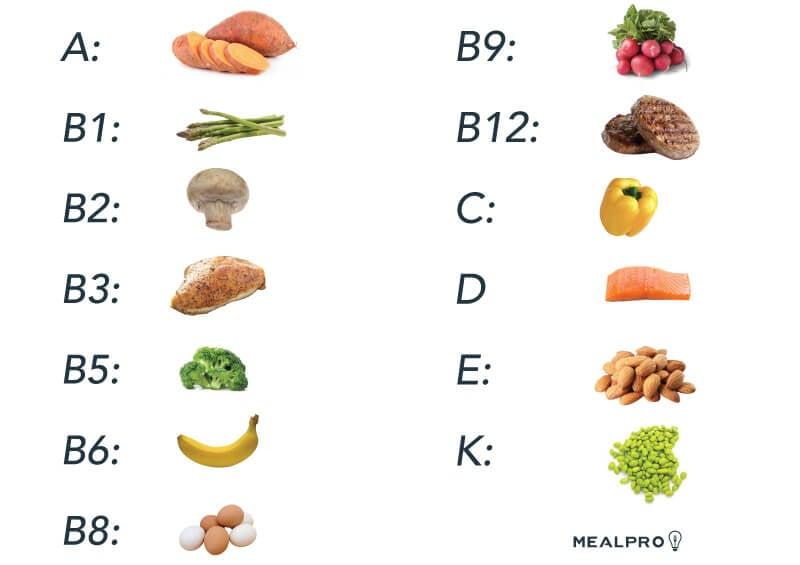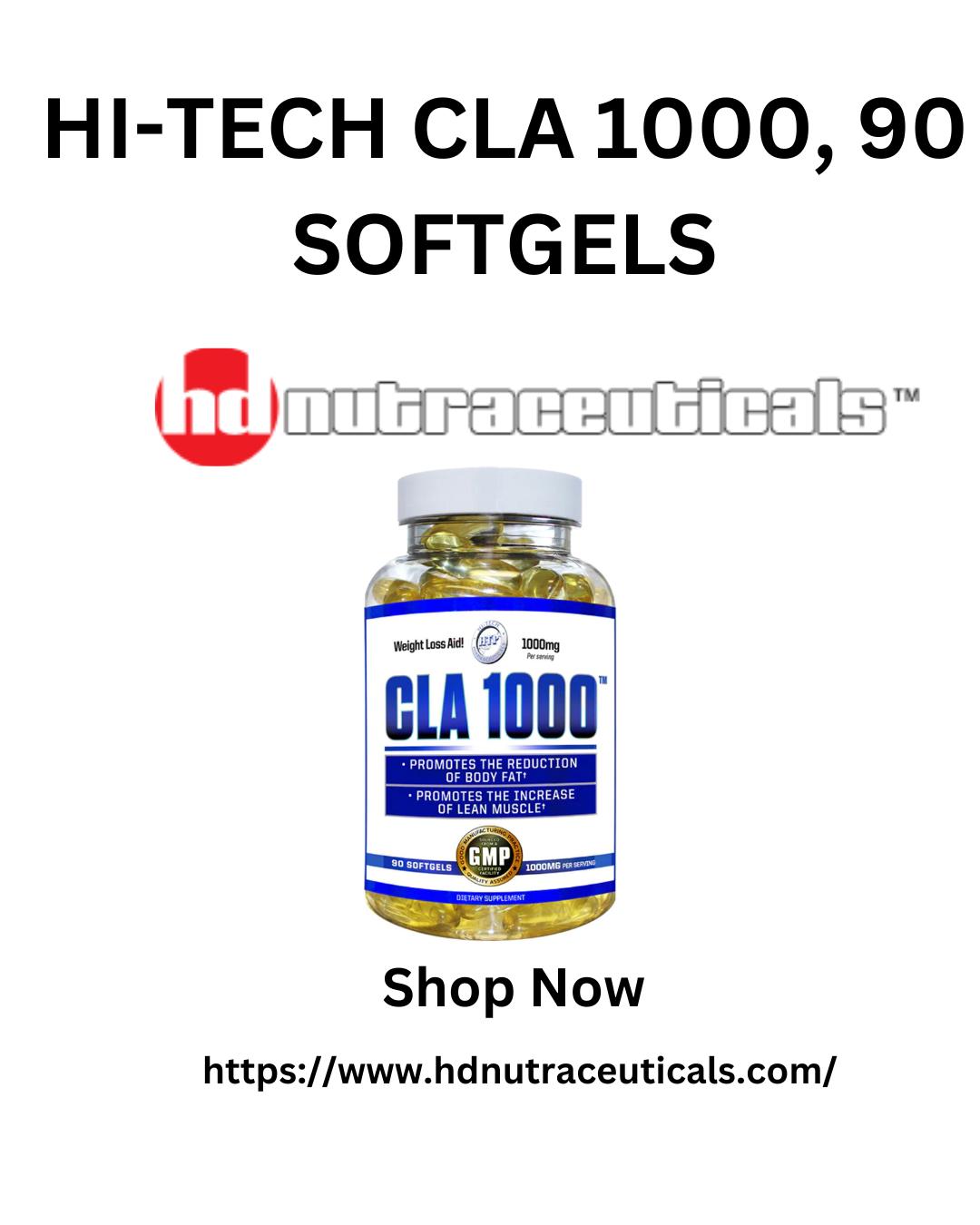Achieving your fitness goals requires more than just dedication in the gym; it demands a strategic approach to nutrition that fuels your body effectively. Whether you’re aiming to build muscle, lose weight, or enhance endurance, understanding how to align your dietary habits with your fitness objectives is crucial. In this guide, we’ll delve into the essential nutritional principles that can propel you towards success. By mastering the art of nutrition, you’ll not only optimize your physical performance but also cultivate a healthier lifestyle. Let’s explore how to harness the power of nutrition to transform your fitness journey and achieve the results you desire.
Fuel Your Workouts with Balanced Macronutrients
To optimize your fitness journey, it is crucial to understand the role of macronutrients—proteins, carbohydrates, and fats. Each of these nutrients plays a vital role in energy production, muscle recovery, and overall performance. Proteins are the building blocks for muscle repair and growth. Aim to include lean sources like chicken, fish, or plant-based proteins such as beans and lentils. Carbohydrates are your body’s primary energy source, so incorporating whole grains, fruits, and vegetables will ensure you have the stamina to power through your workouts. Lastly, fats support hormone production and joint health; opt for healthy fats found in avocados, nuts, and olive oil.
- Protein: Aids in muscle recovery and growth. Include lean meats, tofu, and legumes.
- Carbohydrates: Provides energy. Focus on whole grains, fruits, and vegetables.
- Fats: Essential for hormone production. Incorporate sources like avocados and nuts.
By striking a balance between these macronutrients, you not only fuel your body efficiently but also enhance your performance and recovery. Tailor your intake based on your specific fitness goals—whether it’s building muscle, increasing endurance, or shedding fat. A well-rounded diet will set the foundation for success, enabling you to achieve and even surpass your fitness objectives.

Optimize Recovery with Essential Vitamins and Minerals
To enhance your post-workout recovery, integrating the right vitamins and minerals into your diet is crucial. These essential nutrients play a significant role in muscle repair, reducing inflammation, and replenishing energy stores. Consider focusing on the following:
- Vitamin C: Known for its powerful antioxidant properties, Vitamin C aids in the repair of tissues and the reduction of muscle soreness. Incorporate foods like oranges, strawberries, and bell peppers into your meals.
- Vitamin D: This vitamin is vital for bone health and muscle function. Sun exposure is a natural source, but you can also find it in fortified foods and supplements.
- Magnesium: Essential for muscle relaxation and energy production, magnesium can be found in leafy greens, nuts, and seeds.
- Zinc: Crucial for immune function and protein synthesis, zinc-rich foods such as meat, shellfish, and legumes should be part of your diet.
Incorporating these nutrients strategically can accelerate recovery, allowing you to train harder and more consistently. Tailor your nutrition plan to include these elements and watch your fitness goals come to fruition with greater ease and efficiency.

Tailor Your Diet to Support Specific Fitness Objectives
To align your diet with your fitness aspirations, it’s crucial to recognize the unique nutritional requirements of different objectives. Whether your goal is to build muscle, lose weight, or enhance endurance, your diet must be strategically crafted to meet these needs.
- Muscle Gain: Focus on a diet rich in protein to aid muscle repair and growth. Incorporate lean meats, legumes, and dairy, and consider protein supplements if necessary. Carbohydrates are also essential to fuel your workouts, so include whole grains and vegetables.
- Weight Loss: Prioritize a caloric deficit while ensuring you get enough nutrients. Opt for high-fiber foods like fruits and vegetables to keep you full, and choose lean proteins to maintain muscle mass. Limit processed foods and added sugars.
- Endurance Training: Carbohydrates are your best friend. Fuel up with whole grains, fruits, and starchy vegetables. Hydration is also key, so don’t forget to drink plenty of water and consider electrolyte-rich beverages during intense sessions.
Remember, consistency is key. Tailor your diet not just to your goals but also to your lifestyle and preferences, ensuring it’s sustainable in the long run. Adapt and adjust as needed, and consult with a nutritionist for personalized advice.
Hydration Strategies to Enhance Performance and Endurance
To maximize your physical performance and endurance, adopting effective hydration techniques is essential. Proper hydration not only supports muscle function but also enhances your body’s ability to regulate temperature and transport nutrients. Incorporate these key strategies into your fitness regimen:
- Pre-Exercise Hydration: Begin your workout well-hydrated. Drink at least 16-20 ounces of water 2-3 hours before exercising to ensure your body has sufficient fluid reserves.
- During Exercise: Maintain fluid balance by drinking small amounts of water every 15-20 minutes during your workout. This helps prevent dehydration and keeps your energy levels stable.
- Electrolyte Balance: For prolonged activities, consider beverages that include electrolytes to replenish essential minerals lost through sweat, aiding in muscle function and reducing the risk of cramps.
- Post-Exercise Rehydration: After your workout, aim to consume 16-24 ounces of fluid for every pound lost through sweat. This replenishment aids recovery and prepares your body for future activities.
By implementing these hydration strategies, you’ll not only support your fitness goals but also promote overall well-being and peak physical performance.




